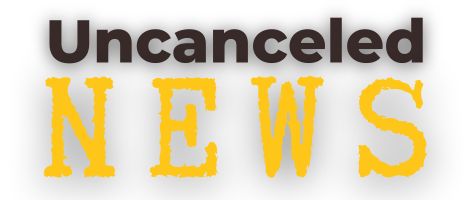In a disheartening turn of events, US companies have added the fewest jobs in a month since the beginning of 2021, raising serious questions about the Biden-Harris administration’s handling of the economy. With private payrolls increasing by a mere 99,000 in August—far below the expectations of economists—it’s hard not to wonder: is this just a sign of a labor market in decline, or is it a politically motivated ploy to distract from the administration’s failures?
The latest figures, released by the ADP Research Institute in collaboration with Stanford Digital Economy Lab, reveal a stark reality. The previous month’s job gains were revised downward, further underscoring the troubling trend. Wage growth has stagnated, with no increase for workers who switched jobs or those who remained in their positions. What does this say about the state of the economy under the current leadership?
“The job market’s downward drift brought us to slower-than-normal hiring after two years of outsized growth,” said Nela Richardson, chief economist at ADP. This statement is a glaring indictment of the administration’s economic policies. Are we really to believe that this is just a natural shift in the labor market, or is it a symptom of deeper issues stemming from the White House’s mismanagement?
Now, after seemingly rushing to tout job growth in the past, the administration is faced with the reality of a cooling labor market. Companies, hesitant to let go of their workforce entirely, are scaling back hiring in the face of high costs and elevated interest rates. This latest data only adds to the evidence of moderating labor demand, which could further exacerbate the economic pressures that Americans are already feeling.
Federal Reserve officials are now expressing greater concern about the risks to the labor market than inflation. With price pressures easing from their pandemic highs, are we really prepared for the potential interest rate cuts that could follow? It seems the administration is more focused on optics than on the real economic challenges facing everyday Americans.
In a separate report from Challenger, Gray & Christmas Inc., hiring plans at US companies have plummeted by 41% this year through August compared to the same period in 2023. Announced job cuts have only decreased by 3.7%. What does this tell us about the confidence of businesses in the current economic climate?
“The next indicator to watch is wage growth, which is stabilizing after a dramatic post-pandemic slowdown,” Nela Richardson noted. But can we trust that this stabilization is a sign of recovery, or is it merely a façade masking the underlying issues?
As we approach the 2024 election, the implications of these economic indicators cannot be overstated. The Biden-Harris administration’s track record is under scrutiny, and the American people deserve transparency and accountability. It’s time to question the narrative being spun and demand real solutions to the economic challenges we face.
What Would You Do If Pharmacies Couldn’t Provide You With Crucial Medications or Antibiotics?
The medication supply chain from China and India is more fragile than ever since Covid. The US is not equipped to handle our pharmaceutical needs. We’ve already seen shortages with antibiotics and other medications in recent months and pharmaceutical challenges are becoming more frequent today.
Our partners at Jase Medical offer a simple solution for Americans to be prepared in case things go south. Their “Jase Case” gives Americans emergency antibiotics they can store away while their “Jase Daily” offers a wide array of prescription drugs to treat the ailments most common to Americans.
They do this through a process that embraces medical freedom. Their secure online form allows board-certified physicians to prescribe the needed drugs. They are then delivered directly to the customer from their pharmacy network. The physicians are available to answer treatment related questions.


